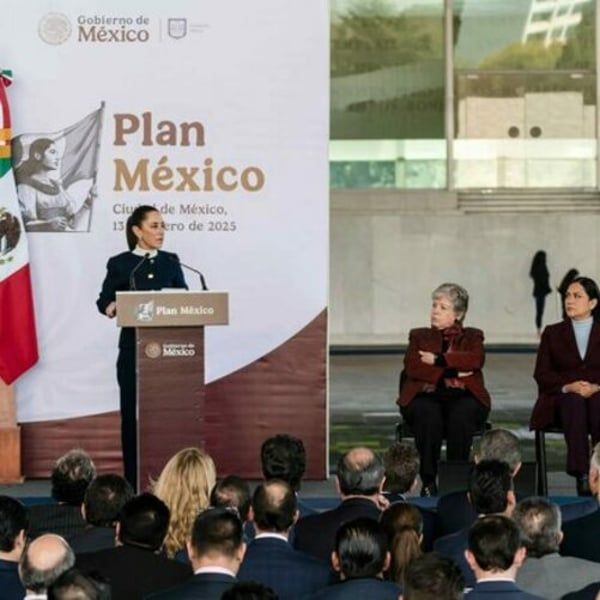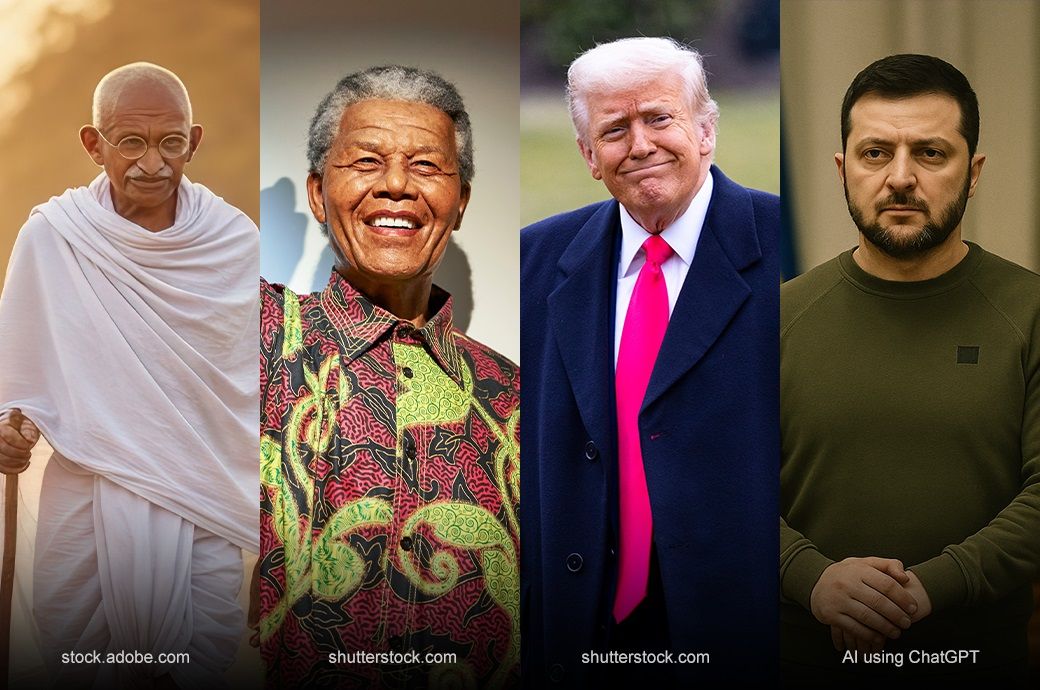By
Bloomberg
Published
January 14, 2025
Mexican President Claudia Sheinbaum announced a plan to reduce the country's imports from China in a bid to support local industry and align with the United States and Canada as trading partners.
Amid a declining share of North American exports to the world, Sheinbaum said Mexico would offer incentives for offshoring, including tax deductions, and develop plans for individual sectors on how to increase the local content of goods made in Mexico.
The new decree on incentives for Mexican and foreign companies will be published on January 17.
“What is not done here can be done here. “Plan Mexico was very clear,” said Francisco Cervantes, president of the country’s business coordinating council, CCE. “We have a trade agreement with the United States and Canada that the president says is very important, so as long as we meet the terms of the agreement, things will go well for us.”
North America's participation in global trade has decreased, while China's has increased, Finance Minister Rogelio Ramírez de la O stated during the event, underlining the importance for the region of replacing its imports from the Asian giant. .
“If North America replaces 10% of the imports that we are receiving from China, and we manufacture them in North America, Mexico's GDP would grow 1.2% more than it normally grows, the United States 0.8% more and Canada 0.2% more,” Ramírez de said the O.
Sheinbaum said the trade agreement between the United States, Mexico and Canada, known as USMCA, is the best way to compete commercially with China. He expressed confidence that the deal, scheduled for review in 2026, will continue despite incoming US President Donald Trump's tariff threats.
Trump has pledged to impose tariffs of up to 25% on Mexico and Canada if those countries do not help reduce the crossing of undocumented immigrants and stop drug trafficking into the United States. The Republican has also expressed concern that China is using Mexico as a back door to send cheap products to the United States, affecting local producers.
Sheinbaum, who spoke with Trump about Mexico's progress against migration and drug trafficking during a phone call in November, since taking office has started a campaign to combat unfair trade from Asian countries, including China, with tariffs on products that affect the national textile industry and seizures. in shopping centers selling cheap products that the government says were illegally imported into Mexico.
As a way to promote nearshoring, as the rise of factories moving to Mexico to be closer to the US market is known, Sheinbaum's government will announce tax deductions for local and foreign companies. These deductions, which will be greater for technology, research and development, will continue until October 2030.
Sheinbaum also announced that it would seek to increase Mexico's total power generation capacity by approximately 16%, with a focus on increasing the share of renewable energy sources in Mexico's electricity mix. Additionally, he will focus on increasing Mexico's natural gas storage capacity, simplifying permits for independent power generators and publishing rules on how the private sector can partner with state energy companies on projects.
Among the priorities of “Plan Mexico” are accelerating the permit process for exporting manufacturers who import materials duty-free and promoting the purchase of locally manufactured goods.
As part of that plan, Mexico wants to increase the percentage of components manufactured in Mexico in each vehicle to 15% by 2030.
Mexico is also seeking to increase public and private investment in the country to more than 25% of gross domestic product, Sheinbaum said without specifying in which areas the government would seek to increase spending.
Reducing imports from China “is a challenge but it is feasible,” said Antonio Ruiz, of the Compliance and Government Liaison Office of manufacturer TECMA, based in Ciudad Juárez. “We can manage it. “Canada, the United States and Mexico are going through political processes and facing their differences, but together we can achieve it.”












